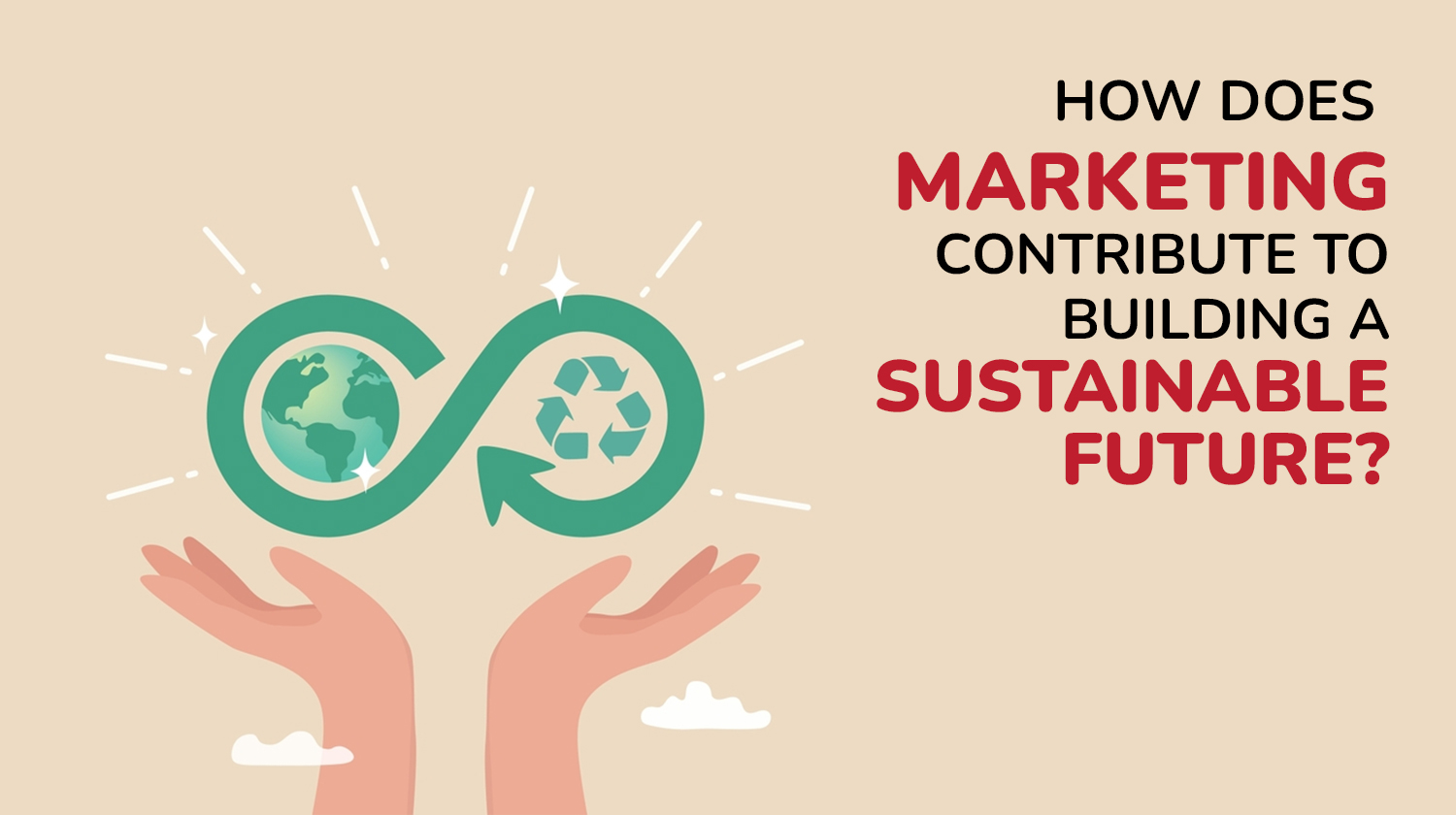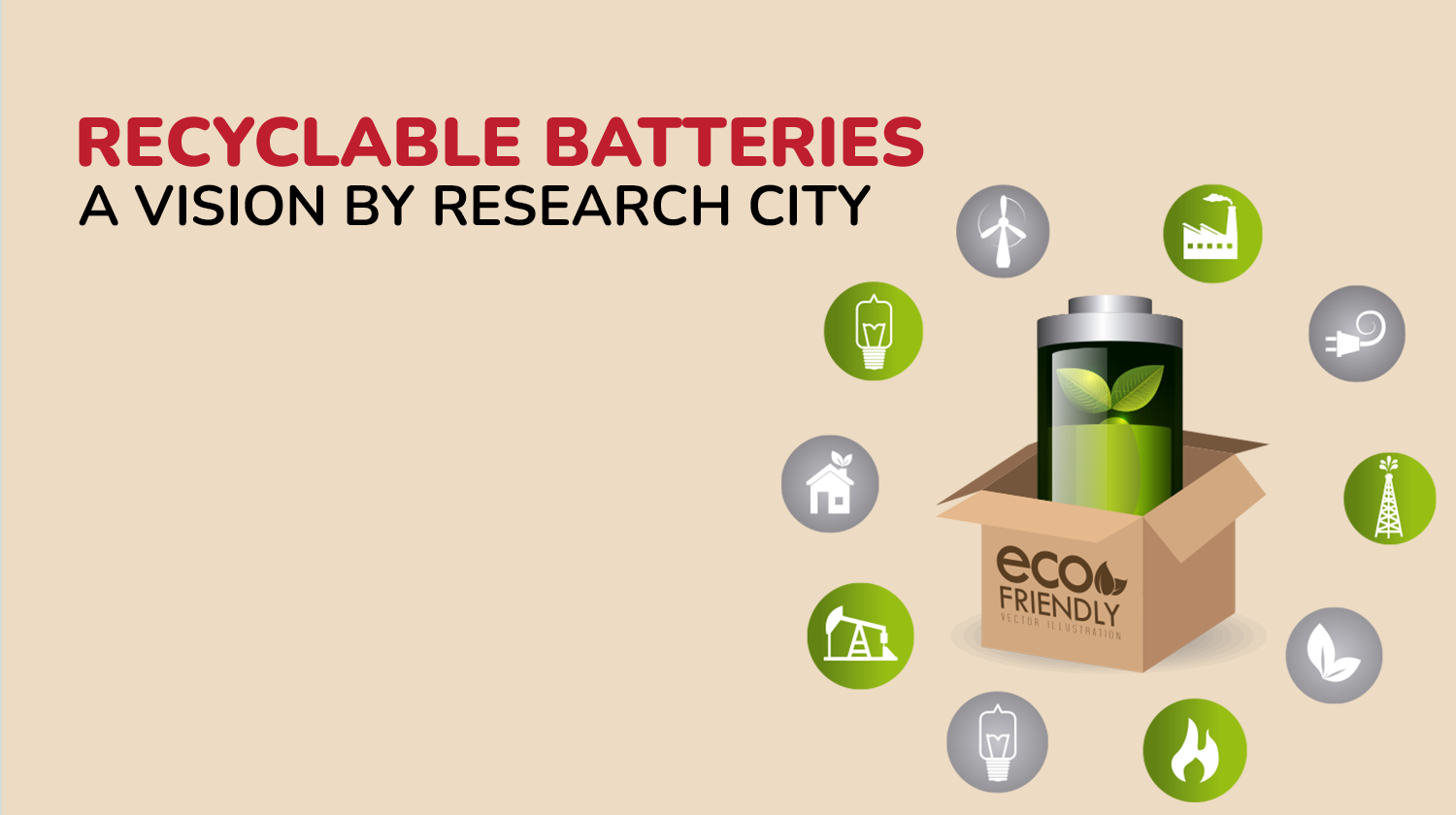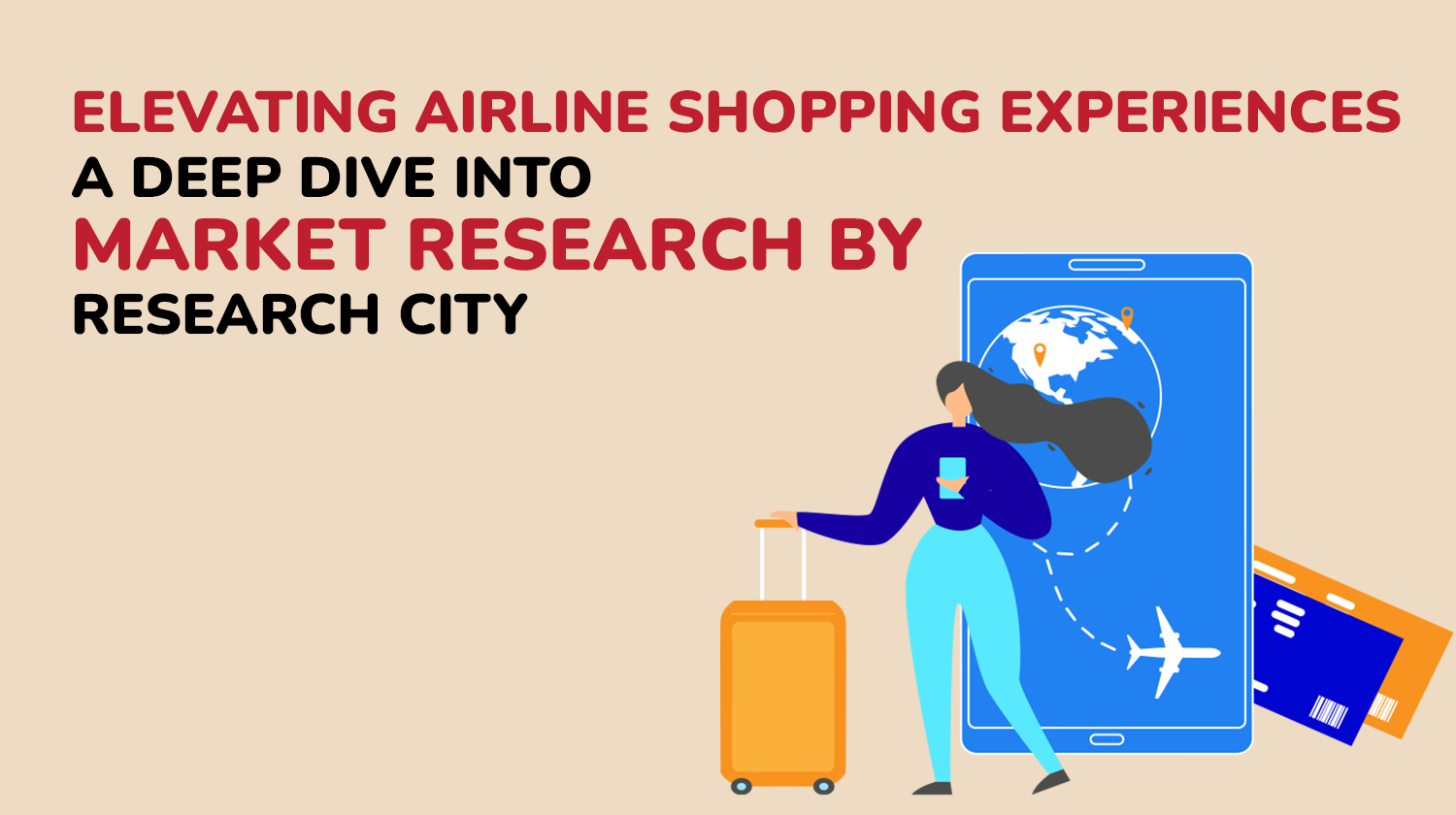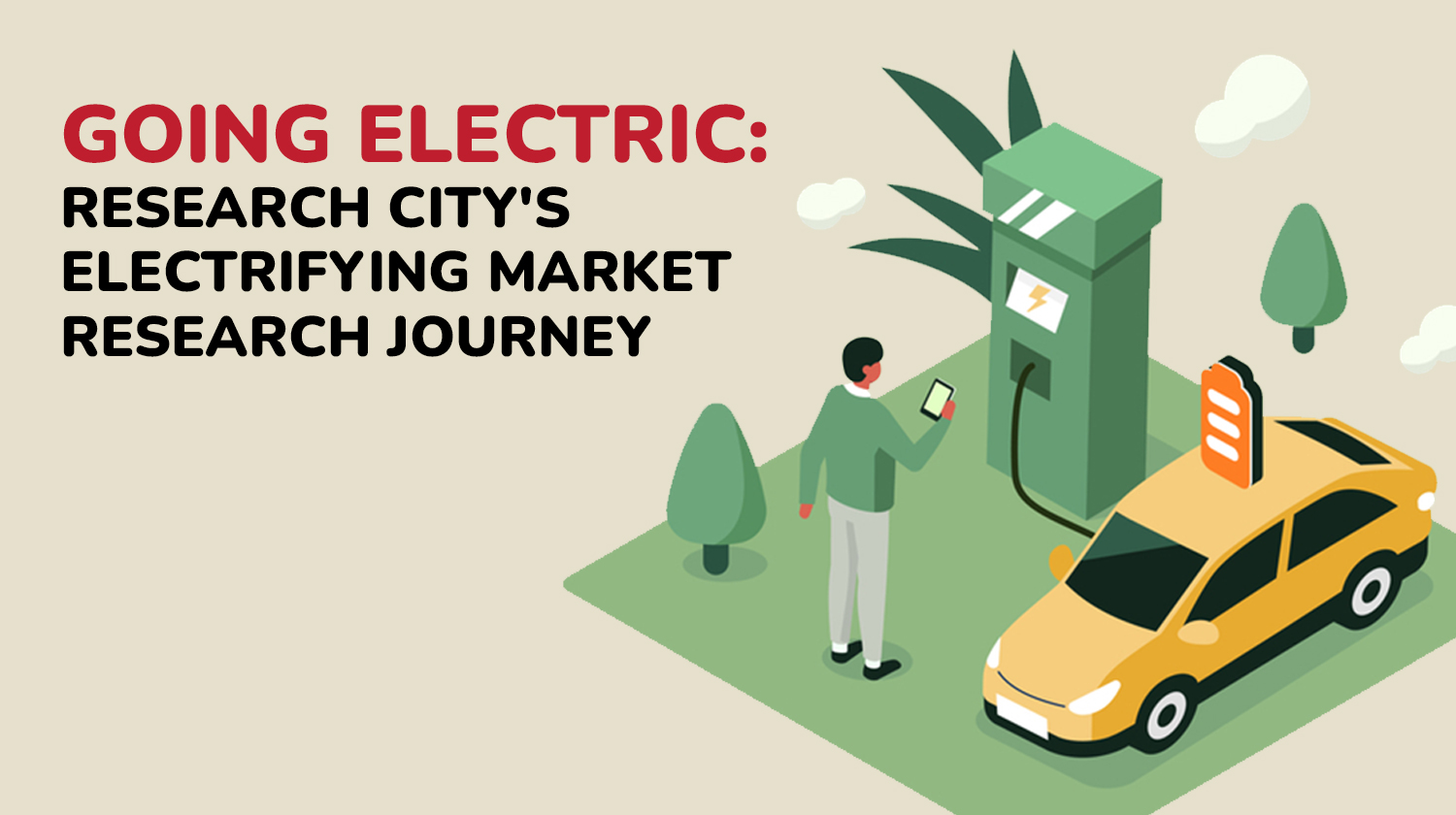
In a world increasingly focused on environmental and social responsibility, the role of marketing in shaping a sustainable future has become paramount. Marketing strategies wield tremendous potential to drive positive change and steer businesses and consumers towards more sustainable practices. Let’s explore how marketing plays a pivotal role in building a sustainable future.
How can marketing help with sustainability?
Marketing serves as a powerful tool to influence consumer behaviors and perceptions. By promoting sustainable products, educating consumers about eco-friendly practices, and highlighting the benefits of responsible consumption, marketing can inspire individuals and businesses to make more sustainable choices.
What is the role of marketing in the future?
The future of marketing is intrinsically linked to sustainability. As consumer awareness about environmental issues grows, marketing strategies will need to adapt by focusing on sustainable products, transparent supply chains, and ethical brand values to resonate with conscientious consumers.
What is the role of marketing in sustainable consumption?
Marketing plays a crucial role in encouraging sustainable consumption patterns. It involves creating campaigns that emphasize the longevity, recyclability, and environmental impact of products, nudging consumers towards making more informed and eco-conscious purchase decisions.
How can we promote sustainability in the future?
Promoting sustainability in the future requires innovative marketing approaches that highlight the importance of reducing waste, conserving resources, and supporting eco-friendly initiatives. Engaging storytelling, influencer collaborations, and immersive experiences can all contribute to promoting sustainable practices effectively.
Marketing innovations and sustainable development
Innovative marketing techniques, such as gamification, virtual reality experiences, and social media activism, can significantly contribute to sustainable development. These methods engage audiences in sustainability initiatives, making them active participants in positive environmental and social changes.
Marketing and Sustainable Development
Marketing, when aligned with sustainable development goals, becomes a catalyst for positive change. By promoting sustainable products, advocating for ethical practices, and fostering consumer education, marketing becomes an integral part of advancing sustainable development worldwide.
Conclusion
In the realm of fostering a sustainable future, Research City stands as a beacon of excellence. Their commitment to insightful market research empowers marketers to align strategies with sustainability goals effectively. By partnering with Research City, businesses can harness data-driven approaches, guiding them to lead the charge towards a conscientious future. Remember, with Research City’s expertise, businesses can stride confidently towards a world where ethical values and environmental mindfulness drive every successful endeavor.








